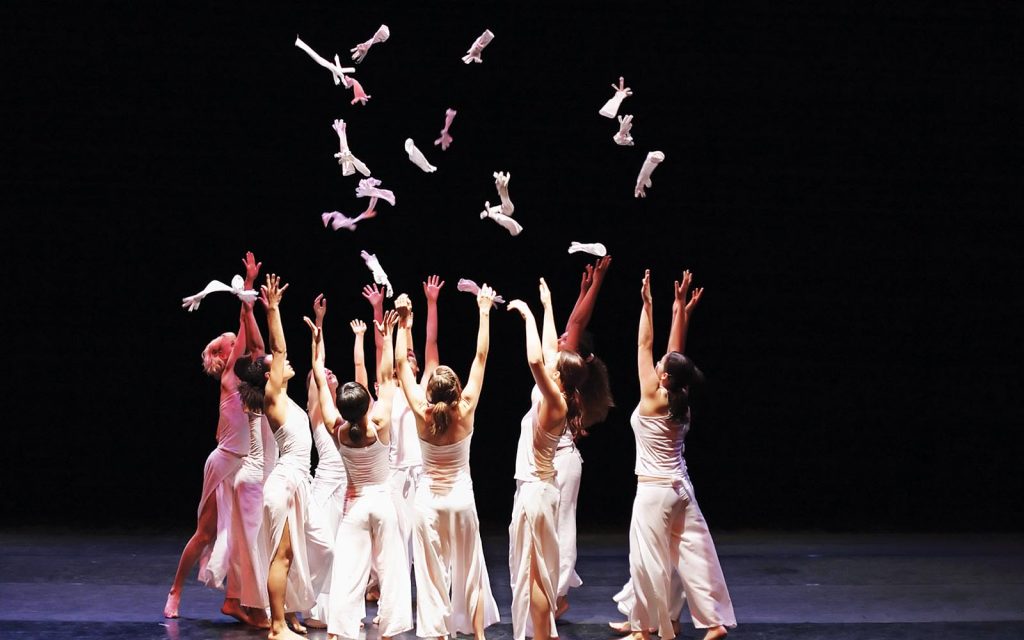Prior to COVID, excursions and tours were a fairly common element of most school co-curricular programs. We’ve known for some time that hands-on, experiential learning is a necessary component of any student’s education. These hands-on activities can be undertaken within the classroom, but, in our experience, tours and excursions have a much greater impact on young minds.
With high-level roadmaps now in place for the reopening of most states and territories around Australia – and international travel on the horizon – we expect most schools will be keen to restart school touring programs, albeit in a way that negotiates the post-COVID landscape.
We also know that, in the past, many schools have taken an ad hoc approach to touring – both in the planning phase and in terms of the school offering opportunities to a wider range of students and across subjects. Individual teachers may have designed and managed touring experiences themselves.
Our concern with this approach is that it can create the possibility of inconsistency of student experience across the school. It’s one of the many key reasons why we advocate so strongly for school principals and the executive team to use the current period to revolutionise and reset their school touring program, with the support of a specialised school touring partner.
Creating consistent experiences for students
Every young person has the right to thrive, be healthy and be included. This right extends to the educational and learning experiences available in our schools, including travel opportunities for older students – usually year six and beyond.
That said, we recognise that not all schools can afford expensive overseas tours – and some not at all. For those with a smaller budget, we are incredibly fortunate to have so many wonderful opportunities, here in Australia, to provide these vitally important experiences outside the school.
A truly educationally, meaningful tour, inclusive of experiential learning activities, can have an amazing impact on students. Some may identify a new career path they might otherwise not have come across. Others will be re-energised in an existing subject because they’ve seen the real-world applications, which helps them understand why they are learning what’s in the school curriculum.
Being exposed to an expert in the subject field also has these impacts and can even spark an interest in a subject that the student previously didn’t feel!
We believe as many students as possible – of an appropriate age group – should have an opportunity to participate in rich and varied experiential learning experiences. However, it’s unfortunately sometimes been the case that an ad hoc approach to school touring means some students miss out.
When a range of teachers are organising their tours themselves, or are using a wide range of providers, there is little or no consistency in the quality of the tour itinerary. Teachers may not spend much time (because let’s face it, they don’t really have it!) thinking about how they can get the very best from an educational tour operator to help them create the most educationally edifying tour.
We’ve also seen learning opportunities left on the table, simply because teachers don’t know what’s possible with a touring program. They may find it impossible to combine various subjects on a single tour to manage the numbers and budget – simply because they don’t really have the experience with this type of complex tour planning and delivery.
For example, one tour we created combined French Language, Italian Language, Art and History on a tour to France and Italy. The History components included World Wars I and II, fascism, Mussolini, Cold War and much more, as well as Ancient History.
These types of itineraries are highly complex to plan and manage. It’s critical to ensure there is enough emphasis on each subject group, as well as finding ways to combine some subjects in sightseeing or activities. It takes particular expertise to do all of this.
As a result of all these factors, tours can end up being anything from ‘sightseeing only’ to a rich and memorable experience, full of educationally sound activities that will significantly impact students for years to come.
Finally, another consideration is the learning styles of individual students. Not everyone does their best learning in a classroom or group learning environment. Some need smaller groups or an environment that is more practical or facilitates applied learning.
If your school is serious about offering equal experiences for all students, then it’s essential you take a purposeful and strategic approach to how you’re going to offer these types of learning experiences across the board. For all older students, rather than the lucky few who happen to have the right combination of subjects and teachers, with the time, knowledge and expertise to do all that’s required.
Conclusion
Selecting the right partner will help you design a holistic, strategic school touring program, which will enhance student equity and consistency of experience. It will also free up time for teachers to focus on what they do best – teaching!
Get in touch to find out how Latitude Group Travel can help you plan and book cutting-edge, educational tours with a strong focus on engendering genuine learning outcomes for 2022 and beyond.
Related articles:
If you missed the previous articles in this series, you can catch up on them here:
6 reasons why now is the time to revolutionise your school touring program
COVID-Safe checklist: 5 questions to ask your educational travel partner
How the right touring partner can enrich and enhance classroom learning


